The simulation hypothesis claims that we are living in a simulated reality.
A number of prominent figures, including Phillip K. Dick, Elon Musk, Neil deGrasse Tyson, Freeman Dyson, and Stephen Hawking, have expressed their belief that we may be living in a computer simulation.
The word to simulate means to give or assume the appearance or effect of often with the intent to deceive: to imitate, pretend, or counterfeit.
The computer simulation theory centers around humans being able to create computers that are so powerful they can simulate entire universes — maybe even entire universes full of sentient beings (us).
One way to do this would be by creating a computer program that runs on an extremely powerful machine and simulates an entire universe inside it.
In other words: if we can create such a program, then perhaps someone else has already done it.
It’s an idea that has been explored in science fiction for years — with writers such as Philip K. Dick and the hit movie, The Matrix being perhaps the most famous example.
The first person to claim we were living in a simulated reality was the American writer Philip K. Dick.
In 1977, he said in an interview he gave while at the Metz science fiction conference in France in 1977, “we are living in a computer-programmed reality, and the only clue we have to it is when some variable is changed, and some alteration in our reality occurs.”
Dick was also famous for describing that we live in a Black Iron Prison.
An oppressive society where people are controlled by machines. He believed that technological advances had created huge corporations which were run for profit rather than for people’s benefit. This made it difficult for ordinary people to make their voices heard when things went wrong.
In The Matrix: Reloaded (2003) and The Matrix Revolutions (2003), the main character of the film, Neo (Keanu Reeves), discovers that he is actually living in a virtual reality simulation when he meets Morpheus (Laurence Fishburne), who introduces him to an alternative reality called “the real world.”
He learns that humanity is enslaved by sentient machines that used their control of human minds through computer technology to take over the world and keep humans docile in a virtual reality world called “the Matrix”.
Neo is a hacker who has been chosen to be a part of a resistance movement against intelligent machines that have enslaved humanity.
In this world, humans are connected to bio-electrical energy sources called “batteries” that keep them alive while their minds are trapped in virtual reality worlds created by machines.
Simulated realities are no longer a subject just for movies and has become a serious topic of discussion among philosophers and scientists.
A number of prominent figures, including Elon Musk, Neil deGrasse Tyson, Freeman Dyson and Stephen Hawking, have expressed their belief that we may be living in a computer simulation.
Stephen Hawking recently told the BBC:
“We are increasingly doing everything through computers. So it seems to me that’s very likely.”
Neil deGrasse Tyson said the odds of our universe being a simulated reality were 50/50. He used the large intelligence gap between chimpanzees and humans despite the fact we share 98 percent DNA, stating that a being many times our intelligence could both exist and potentially run simulations.
During a recent podcast interview with Joe Rogan, Elon Musk was asked if he thought we were living in a computer simulation. “Given the current acceleration of technology and innovation, I think it’s very likely,” Musk responded.
Musk said “If you assume any rate of improvement at all, games will eventually be indistinguishable from reality” before concluding “that it’s most likely we’re in a simulation.”[
Musk then went on to say that there could be millions — or even billions — of levels of reality above us, each with its own simulations. In other words, we could be living in one of the many simulations at this very moment.
“The strongest argument for us being in a simulation probably is the following,” Musk explained. “40 years ago we had Pong – two rectangles and a dot.” He continued:
“Now, 40 years later, we have photorealistic 3D simulations with millions of people playing simultaneously, and it’s getting better every year. And soon will be indistinguishable from reality,” he said.
In 2016, Oxford University philosopher and director of the Future of Humanity Institute, Nick Bostrom published a paper titled “Are You Living In a Computer Simulation?” arguing that we are more likely to be living in a simulation than not — and that we’ll know if this is the case by 2045.
Bostrom suggests that humans may be living in an artificial universe that was created by our descendants as a simulation.
He argues that simulations are an inevitable byproduct of technological advancement and could be used to study things like climate change or nuclear war without the risk to real people or property.
Bostrom also believes that human civilization will eventually reach a point where these simulations are indistinguishable from reality — an event he calls the “simulation singularity.”
He explains that there are four reasons to believe we live in a simulation:
1. “The fraction of human-level civilizations that reach a posthuman stage is very close to zero;”
2.”It is not impossible to run a great many such simulations;”
3.”We’re unlikely to be near the bottom of the curve; for example, when it comes to our current understanding of physics and cosmology, we have already reached quite high levels;”
4.”If we do live in a simulation, it will be far from unique. In fact, there will almost certainly be many simulated ‘trains’ running around in parallel universes right now.”
The reason for this increased interest is that many scientists believe we’re approaching an era when computers will be able to simulate reality so well that they will run simulations indistinguishable from the real world (something called “the technological singularity”).
If this happens, it would make sense that our reality could be just one of many simulated realities — and maybe not even the best one available.
These ideas come from a branch of physics called quantum mechanics, which deals with how subatomic particles behave at very small scales (for example, electrons can spin both clockwise and counterclockwise at once).
Quantum mechanics shows that our world is much stranger than we thought possible — there are many things happening at once that we cannot directly observe.
The Simulation Hypothesis by Rizwan Virk, a renowned MIT computer scientist and Silicon Valley video game designer, is the first serious book to explain one of the most daring and consequential theories of our time.
Virk argues that we are living in a simulated universe — a digital realm created by advanced posthumans. If true, this means we are living in a giant computer simulation, where our entire lives are just algorithms running on some advanced alien supercomputer.
He shows how the simulation hypothesis can be investigated using science, from quantum physics to neuroscience to artificial intelligence.
Virk explains how our universe could be a simulation running on a supercomputer in another universe or even another dimension; how we might detect such a simulation; and how humans could break out of it if it exists.
Gnostic Warrior Conclusion
What if we’re all living in a simulation?
It’s an interesting thought experiment to ask whether or not we live in a simulation.
If it’s possible to simulate a world that’s indistinguishable from reality, then, well, it’s likely we’re already inside one.
The idea is that right now or at some point in the future, our world and the events happening within it are controlled and manipulated by some type of secret cabal, aliens or computers.
As I said above, the word to simulate means to give or assume the appearance or effect of often with the intent to deceive: to imitate, pretend, or counterfeit.
Quite possibly everything we are taught is a script to control our feeble minds from birth to death, and our politicians and the media are just puppets who are given talking points to propagandize our thoughts.
In this simulated world, people who we think are our politicians and media are just well-paid liars who pretend to have our best interests at heart.
Counterfeits of the real thing manipulating our reality through our laws and media.
Many people we see on the street would copy the characteristics, looks and even the morals and ethics of their favorite celebrities, bands, and famous people.
Creating an entire new metaverse with hordes of clones, androids, and soulless people,
Vast swaths of the adult population will be hooked on alcohol and or using drugs (illegal and prescription) altering their personalities, and lives.
All the while, the youth would be immersed online in video games and mobile phone apps that took up all their attention and time.
Some of their parents would drug them to alter their reality and change their behaviors.
This would create a vastly fake world.
One that we can call a “simulated reality.”
I think I just answered yours and my question.

Moe is the founder of GnosticWarrior.com. He is a father, husband, author, martial arts black belt, and an expert in Gnosticism, the occult, and esotericism.

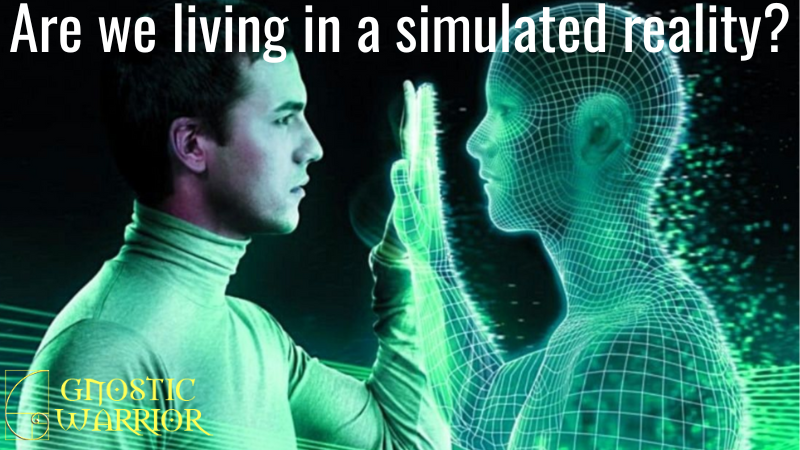

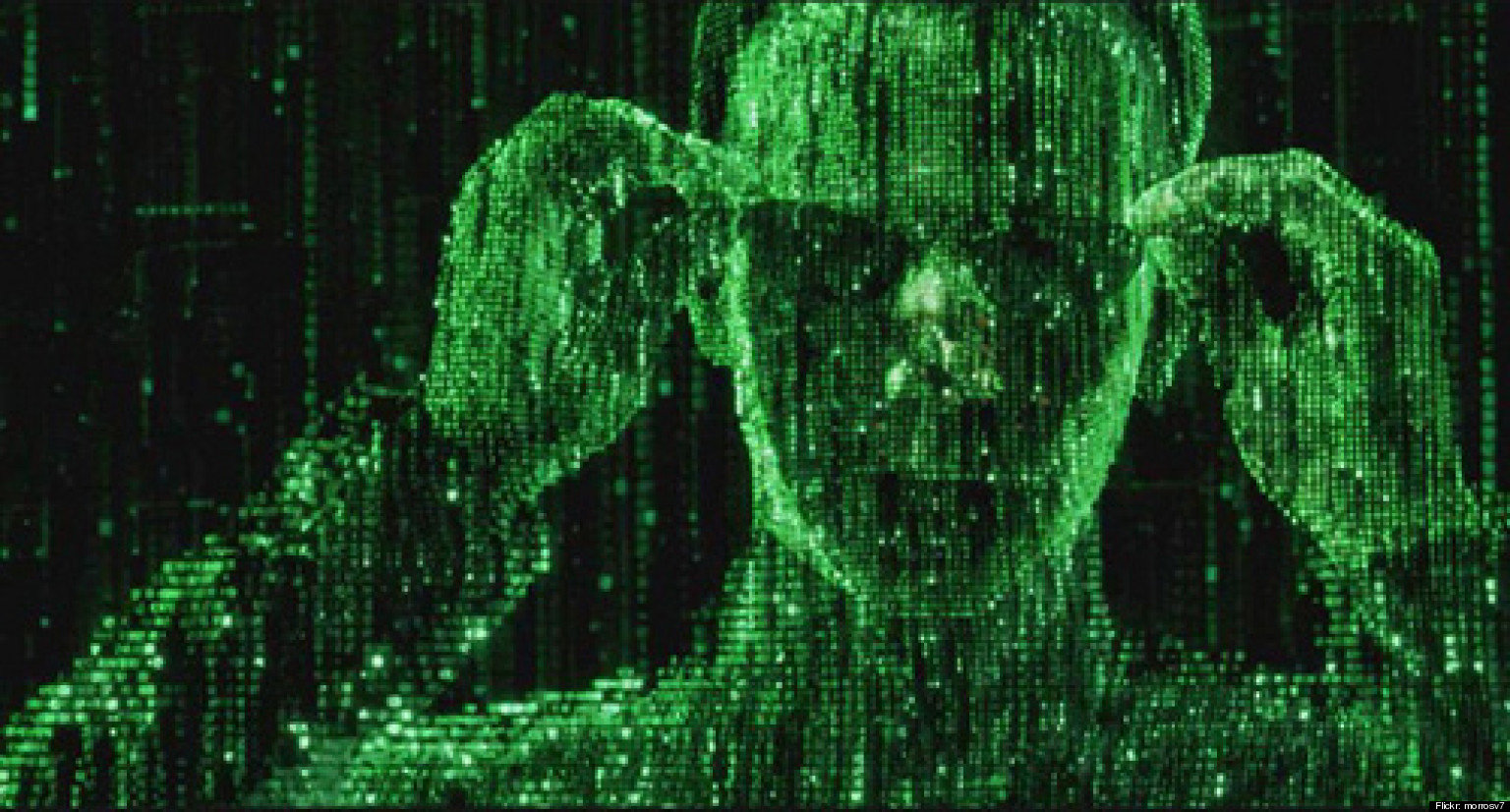
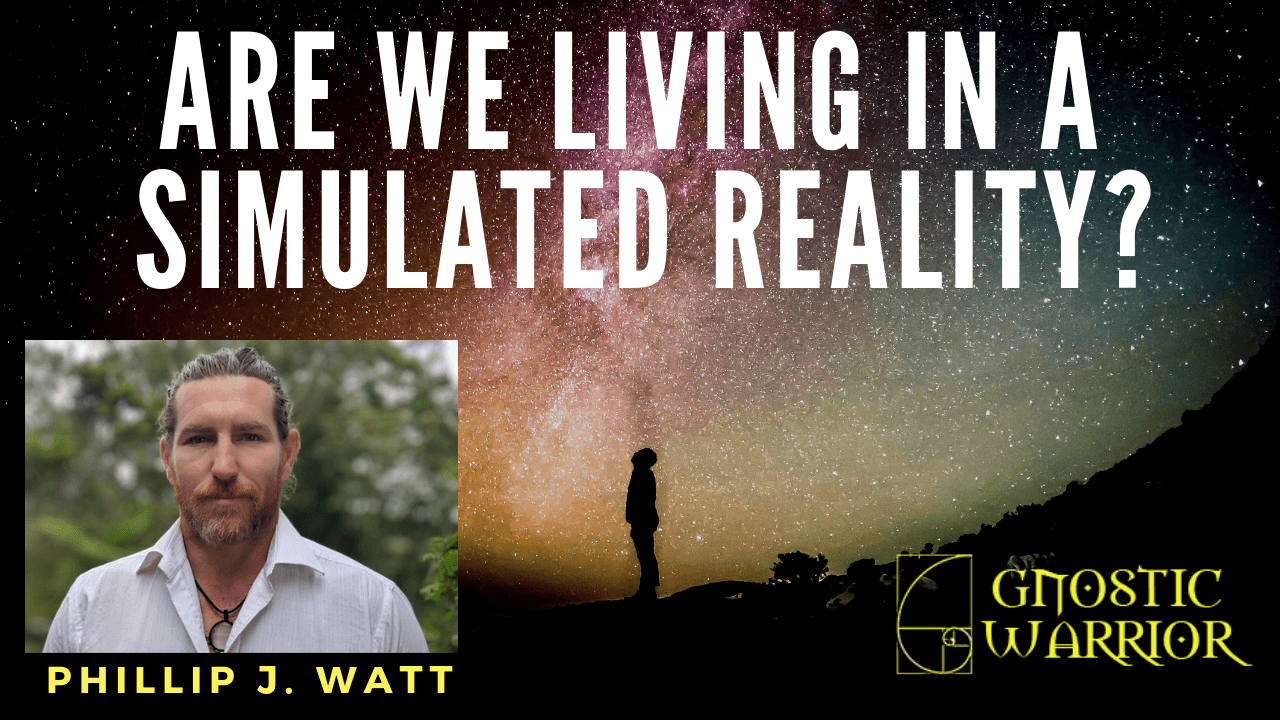
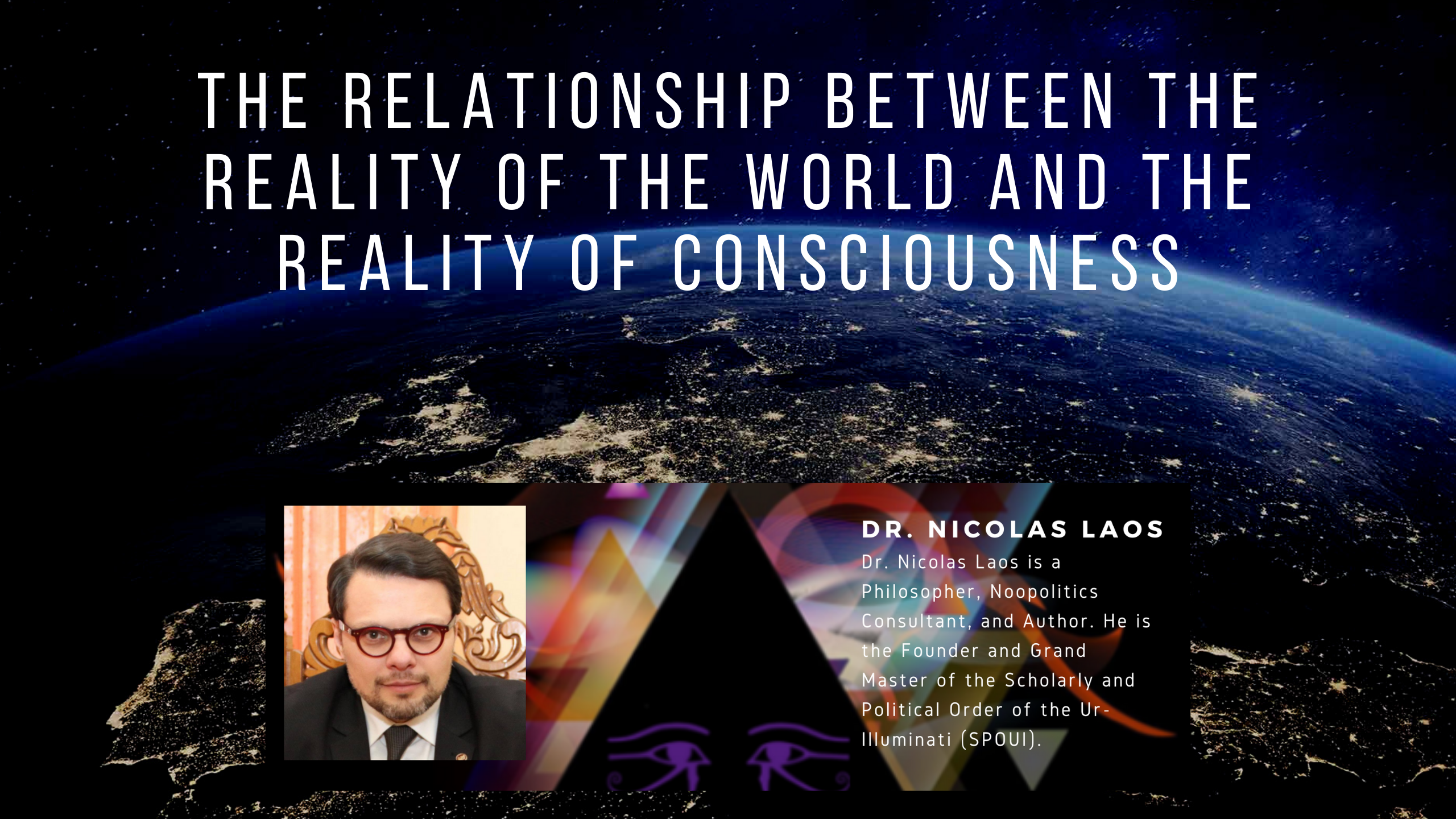
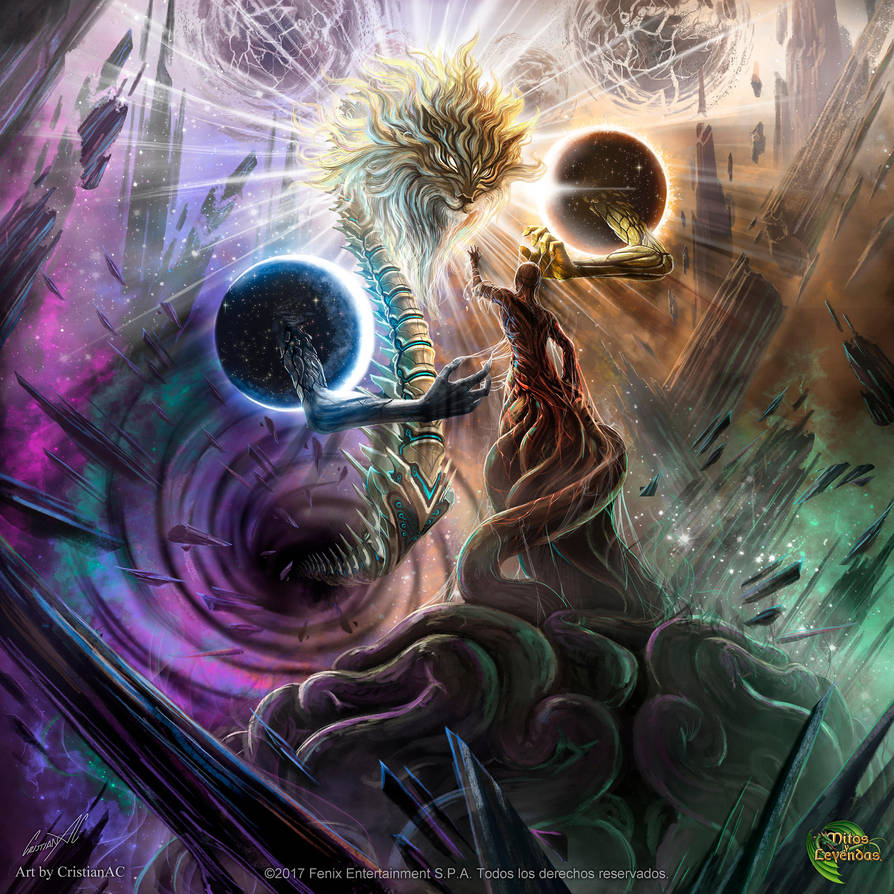
![How the same St. Cuthbert, living the life of an Anchorite, by his prayers obtained a spring in a dry soil, and had a crop from seed sown by the labour of his hands out of season [676 A.D.] | Book 4 | Chapter 28 How the same St. Cuthbert, living the life of an Anchorite, by his prayers obtained a spring in a dry soil, and had a crop from seed sown by the labour of his hands out of season [676 A.D.] | Book 4 | Chapter 28](https://www.gnosticwarrior.com/wp-content/plugins/contextual-related-posts/default.png)
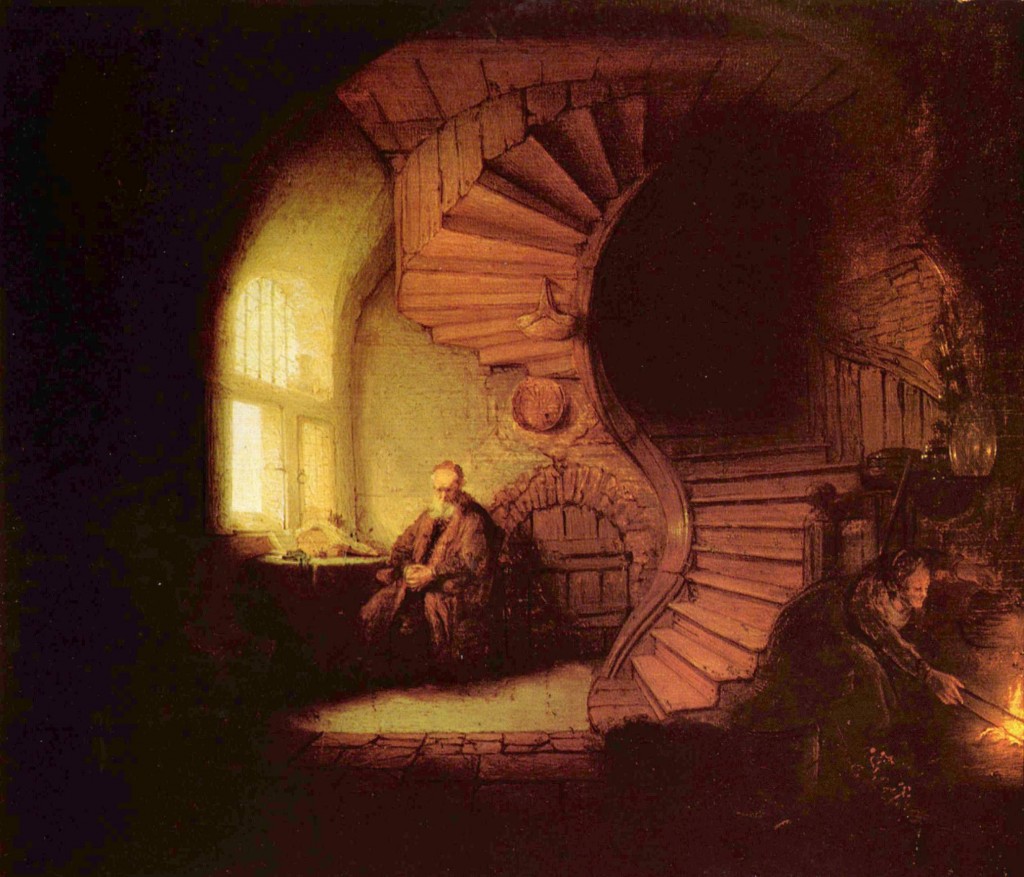
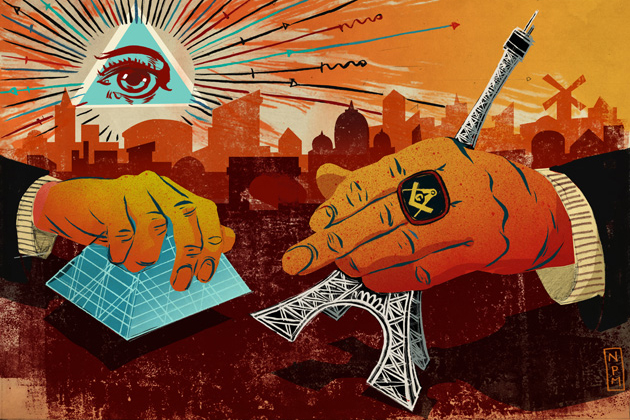

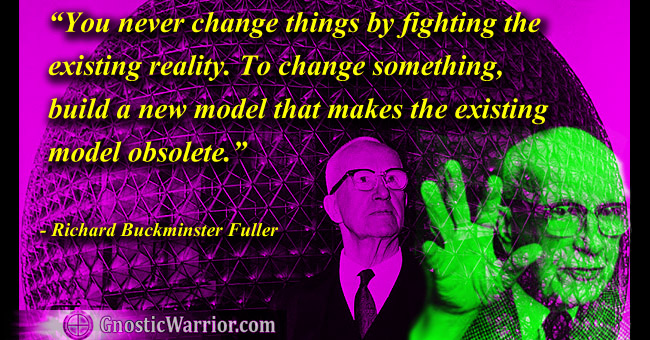
Kind of harsh but seems to sum up the situation for humanity in regard to the financial system and other factors than indicate that humans may be controlled by some sort of machine like intelligence in regard to our electromagnetic signatures
there is another reality, the dream reality given by the Kundalini Awakening, this is transcendent of electromagnetism or it’s limitation regard to human circuitry